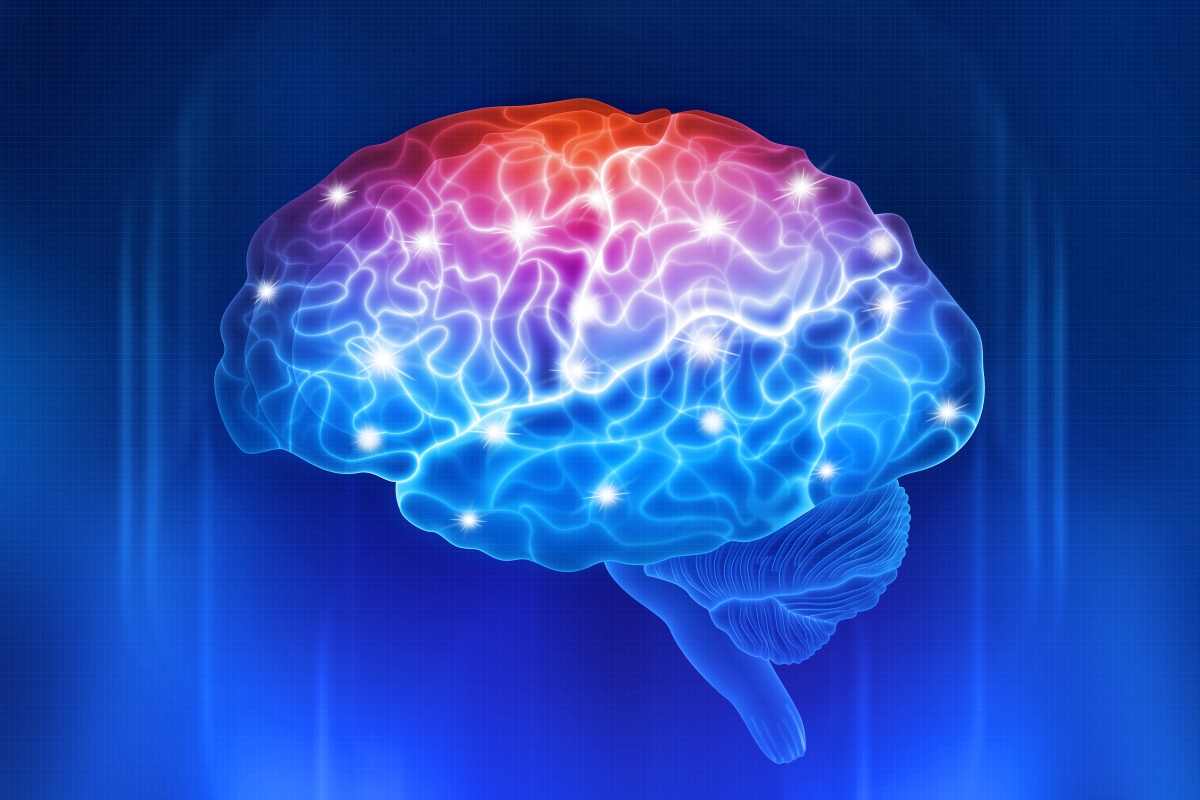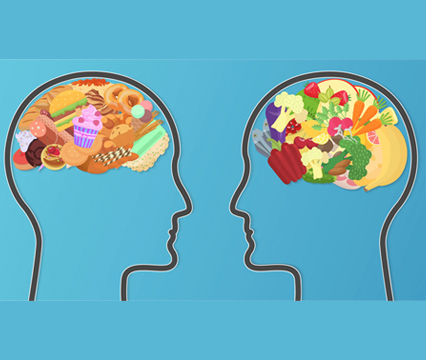The effect of a high-polyphenol Mediterranean diet (Green-MED) combined with physical activity on age-related brain atrophy: the Dietary Intervention Randomized Controlled Trial Polyphenols Unprocessed Study (DIRECT PLUS)
The impact of diet on brain atrophy related to aging remains largely unproven. The purpose of this study by Kaplan et al. (2022) was to examine how age-related brain atrophy is affected by a Mediterranean diet (MED), which is lower in red and processed meats and higher in polyphenols (Green-MED diet). MRI measurements of brain structure volumes were used in an 18-month clinical experiment to evaluate neurodegenerative indicators such as lateral ventricle volume (LVV) expansion and hippocampus occupancy score (HOC). Participants with dyslipidemia and abdominal obesity were randomized to one of three dietary groups: 1) Green-MED diet, 2) Mediterranean diet, or 3) Healthy Dietary Guidelines (HDG). Memberships to the gym and advice on physical exercise were given to each participant. Each day, 28 grams of walnuts (with 440 mg of polyphenols) were ingested by both MED groups. Green tea (3–4 cups per day) and Mankai (Wolffia globosa strain, 100 grams of frozen cubes per day) green shake (+800 mg per day polyphenols) were ingested by the Green-MED group. Of the 284 individuals (mean age: 51 years, BMI: 31.2 kg/m2, APOE-ε4 genotype: 15.7%, 88% male), 224 (79%) had valid MRIs at the end of the experiment. Significant volume changes were noted in the pallidum (−4.2%), third ventricle (+3.9%), and LVV (+2.2%). Participants 50 years of age and older experienced atrophy more quickly than younger ones. Among those ≥50 years, both MED groups showed reduced HOC decline and LVV expansion compared to the HDG group, with the Green-MED group showing the best outcomes. Similar trends were observed in younger participants. Improved insulin sensitivity during the trial was most strongly linked to reduced brain atrophy. Increased intake of Mankai, green tea, and walnuts, and reduced red and processed meat intake were independently associated with reduced HOC decline. Higher urinary levels of the polyphenols urolithin-A and tyrosol were significantly correlated with less HOC decline. A Green-MED diet low in red and processed meats and high in polyphenols from walnuts, green tea, and Mankai may provide neuroprotective advantages for age-related brain atrophy. [NPID: Polyphenols, dietary intervention, Green Mediterranean diet, aging, age-related atrophy, neurodegeneration, hippocampal occupancy score]
Year: 2022
 Navigation
Navigation








